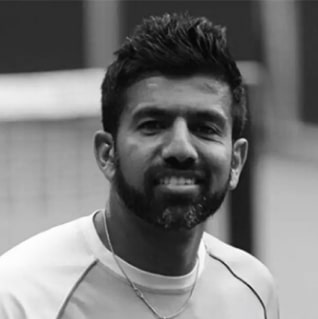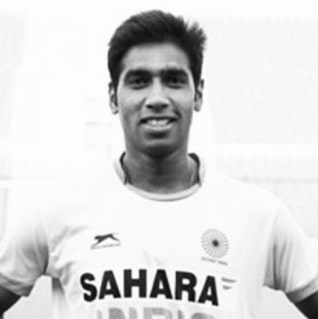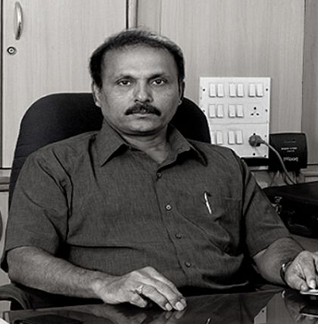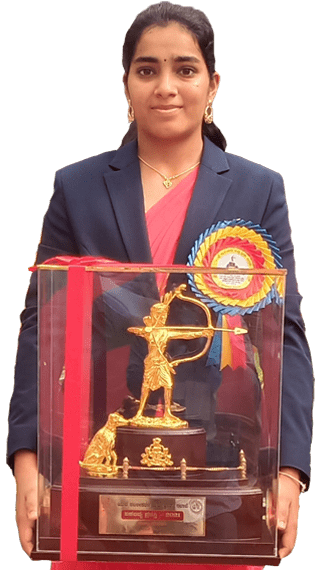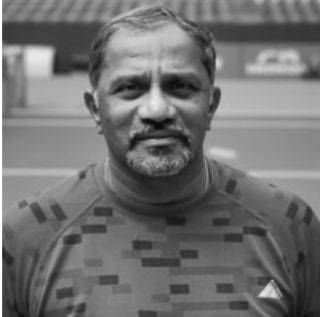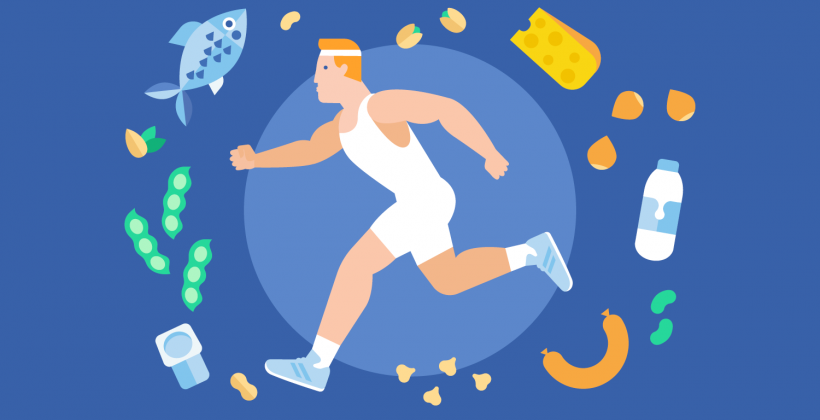
Nutritional Needs of Young Athletes – Do’s and Don’ts
Nutritional Needs of Young Athletes – Do’s and Don’ts

Image Source – eufic.org
Every parent is concerned about providing adequate nutrition to their growing child, more so if they are athletic. Young athletes have a greater need for a unique nutritional strategy that supports proper growth and development and maintains the desired energy expenditure for exercise and performance goals. Sports nutrition is that specialized field of study in Sports Sciences that looks into the nutritional needs of young athletes and also of the pros in sports.
A well-balanced dietary routine for young athletes should accomplish 5 things:
-
Improve immunity
-
Delay fatigue
-
Aid recovery
-
Increase strength and focus
-
Enhance performance
Addressing the specific nutritional needs of young athletes, here are the key do’s and don’ts from the expert panel at The Sports School.
Do pay attention to frequency
Gone are the days when we assume young athletes should follow the same daily nutrition pattern as their parents. Young athletes must eat more frequently to ensure that physical energy needs are met and blood sugar is maintained at approximately the same level throughout the day. Having a meal at regular intervals is important for meeting your daily nutrition requirements and is a cardinal rule for gaining sustained focus and reducing mental stress. It ensures that athletes give their best at every session.
Don’t forget to hydrate
Unlike adults, young athletes’ bodies are not fully adapted to handling the rise in core temperature efficiently. Keen attention must be paid to ensuring that the recommended daily water intake is strictly met. The best way to ensure that your child is staying hydrated is to use a urine chart. Pale yellow indicates a more hydrated state, while darker colours indicate a dehydrated state. Remember that it’s important to drink water regularly and consume water-based foods like fruits and veggies frequently. One should also avoid substituting fruits with fruit juice as much as possible.
Do avoid caffeine
Ditch the energy drinks right away, especially before game time. Energy drinks contain a high amount of caffeine and are marketed for increasing focus and concentration. While you may achieve this, the drinks are also guilty of containing high amounts of caffeine. Caffeine spikes heart rate and blood pressure levels significantly. It may also cause dehydration. This is especially important for athletes who are practicing in hot and humid weather. On a similar note, sports drinks have become the preferred alternative to plain old water for young athletes today. However, note that you’re not any better off with a sports drink unless you’re practicing for more than 60 minutes at a stretch.
Don’t avoid carbs
Carbohydrates are an excellent source of energy for the body. Young athletes must avoid low-carb diets as they can make you feel worn out more easily. However, there are bad carbs, and there are good carbs. Ensure you get your daily recommended intake of complex carbs from whole grains (like brown rice and whole-wheat bread). On the other hand, avoid simple carbs from sugar-loaded candy bars and carbonated drinks as they spike blood sugar levels temporarily for a boost of energy. But it will lead to a “crash” or run out before practice is complete.
Do get an ample amount of all nutrients.
There’s much hype about carbohydrate loading game day. A high carb-diet before the big event indeed helps you top up the energy reserves for the big event. You can adjust your game day diet to be rich in carbohydrates, moderate in protein, and low in fat. However, it needs to be put in practice for 3-4 days before game day, and not just on game day. Note that carb-loading is only most beneficial for endurance athletes like marathon runners, swimmers and cyclists. Most importantly, carbs aren’t the only vital foods for giving your best performance. Sports nutrition also takes into account vitamins, minerals, protein, and fats.
Don’t eat right before the event
The process of digestion in itself consumes energy. You do not want your body to divert the energy reserves towards other activities during the event. Therefore it’s recommended that you have your meal 3-4 hours before giving your body enough time to digest. If you want to have something within 2 hours of the game, go with lighter snacks like low-fiber fruits and vegetables rather than a full meal. After the event is complete, have a meal within thirty minutes and again after two hours to aid recovery.
Do focus on quality
Sports nutrition recognizes protein, fiber and fat to be an indispensable part of all meals for young athletes. Most importantly, make sure you enjoy what you’re eating and avoid focusing on including foods that others think you should be eating. When you do so, you’ll be able to gain a better understanding of how your body reacts to a wide variety of foods.
Conclusion
In determining the nutritional needs for young athletes, there is no one-size-fits-all rule. Sports nutrition is extremely individualistic and depends on various factors, from age and weight to type of sport and level of training. At the Sports School, our team of highly experienced sportspersons, trainers, coaches and doctors pay special focus to creating diets that fit every individual young athlete to bring out the best from your child on all facets – physical, mental and social.
https://thesportsschool.com/sports-assistance/





